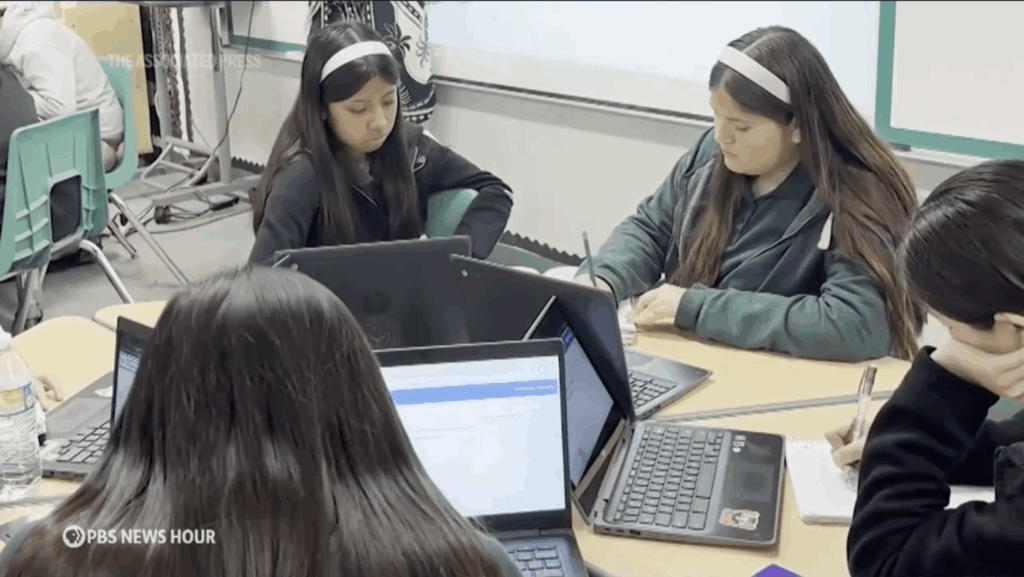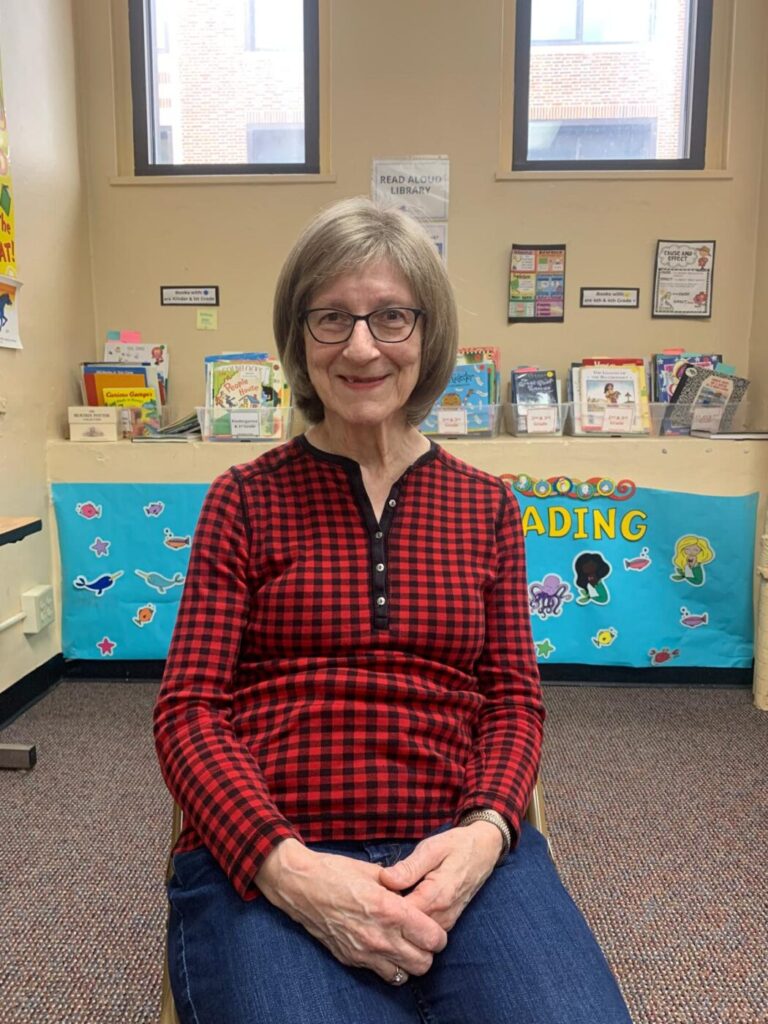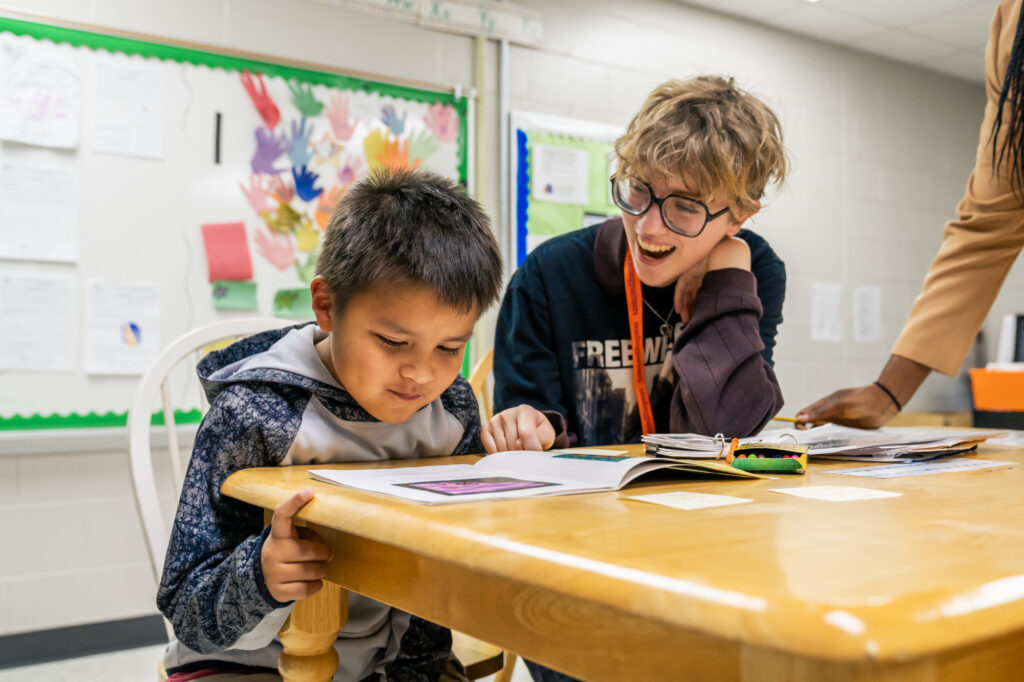
$10 Million For 31 Groups Working to Make Tutoring More Available & Affordable
November 28, 2022
Originally posted on The 74
Huffman: Accelerate’s partner organizations are trying to simultaneously deliver tutoring services and reduce barriers for the kids who need it most
As the extent of pandemic learning loss became evident to educators and policymakers across the country, many states and districts turned to high-dosage tutoring as a potential solution. This makes perfect sense; after all, the research base for tutoring is as strong as for any academic intervention. Indeed, wealthy parents have paid out of pocket for tutoring for years, and tutoring is a staple for upwardly mobile families in many countries.
The challenge — and the reason Accelerate launched last spring — is that tutoring is hard to scale. There are very real barriers impeding schools’ ability to make tutoring available, regularly, to the kids who need it the most.
These hurdles are not insurmountable, though. On Oct. 27, Accelerate announced over $10 million for our first round of grants: 31 of the most innovative models for tutoring across the country, each aimed at breaking down one or more of the barriers to making tutoring broadly accessible. The grants support public and private organizations, nonprofit and for-profit providers, nonprofit and for-profit providers, school districts and state agencies. But they have a common thread: helping to build knowledge that might help unlock tutoring for more children.
Here are a few examples:
- Access to human capital. Providing tutoring to even a small fraction of the country’s 25 million students in Title I schools would require enormous personnel. To this end, our grantees are exploring long-term, sustainable pathways for tutor recruitment. Deans for Impact is mobilizing aspiring educators to tutor through its teacher prep program; Great Oaks is leveraging AmeriCorps members; Oakland Reach is training parents as tutors; Once is working with paraprofessionals; Amira is tapping high school students to support their younger peers using a structured curriculum. Our colleagues at the National Partnership for Student Success are exploring ways that federal work study programs can expand the pool of college-aged tutors. If successful, these pathways have the potential to add millions of new tutors across the country.
- Alignment of tutoring content with core curriculum. As classroom teachers know well, even well-intentioned tutoring can miss the mark, offering disjointed lessons in isolation. Our grantees are working on tools to align tutoring content with high-quality core curriculum and to share useful data, quickly, with teachers. ASSISTments and Zearn have developed tutoring materials aligned to two widely-used math curricula, Eureka Math and Illustrative Math, and both incorporate real-time data for teachers. These efforts allow content to be introduced and reinforced to students with consistency, including common vocabulary and visual representations. Most importantly, they help ensure that tutoring is a support to classroom teachers, not another disconnected workstream that demands additional time and coordination.
- Management capacity. Identifying students who need tutoring, coordinating schedules and tracking data is a significant lift, particularly for smaller districts and charter schools that can’t build tutoring management teams. Our grantees are exploring ways to centralize support for tutoring and capturing best practices for implementation. The Commit Partnership works across multiple school districts in a single metro area by centralizing knowledge and management support for tutoring, while New Schools New Orleans is building its own internal team to coordinate tutoring efforts between local universities and charter management organizations. Tennessee Score is facilitating collaboration across school districts and documenting replicable successful practices, including models for scheduling tutoring during the school day.
- Cost. It is expensive for school systems to provide tutoring long term. Our grantees are testing various ways to help districts identify savings while ensuring tutoring remains effective at driving student outcomes. On Your Mark, for example, is testing its virtual literacy tutoring model with both 2-to-1 and 1-to-1 student-to-tutor ratios; Green Dot Public Schools is exploring the optimal amount of time to enroll students in tutoring, and Reading Partners is adapting its successful in-person model for virtual delivery.
Our partner organizations represent a small sample of groups large and small that are trying to simultaneously deliver tutoring services and reduce implementation barriers. Individually, they are taking on important challenges. Collectively, they can help the education community chart a path forward to make tutoring more sustainable and scalable.
While much criticism has been lobbed at districts for their slower-than-expected spending of federal relief funds, the reality is this: It’s hard to implement powerful interventions at scale. Over the year ahead, the education community has the chance to build significant knowledge and to solve challenges. This is a long-term project, and Accelerate is fortunate that so many thoughtful education leaders have chosen to engage in it.At the end of October, at Accelerate’s first community of practice, over 100 organizations — including grantees and other partners — came together to share and learn. Two comments stuck with me as symbolizing the opportunity at hand. First, all the challenges in scaling tutoring are solvable, and people are working to solve them. Second, promising approaches and levers are surfacing all across the country. With a commitment to shared knowledge building, we can get this right — and improve outcomes for millions of students nationwide.



